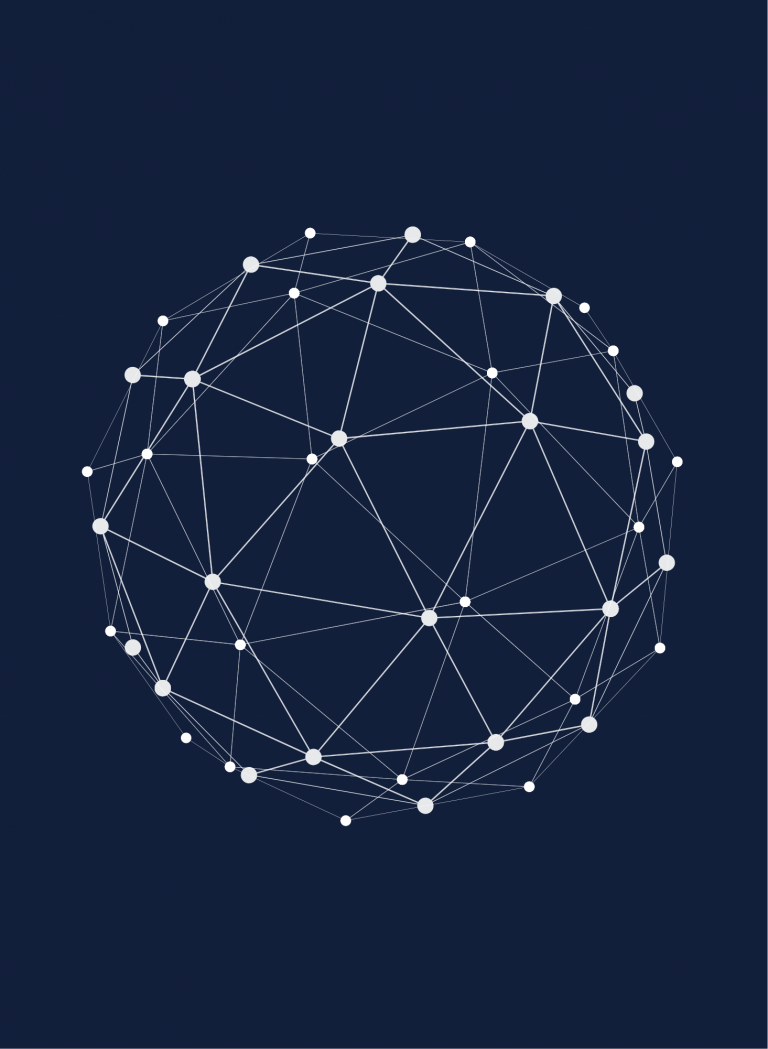While the other five teams within New Science of Mental Disorders (NSMD) focus on individual psychological problems, Team Communicating Networks takes a broader view. Which interactions in a family can play a role in the development and maintenance of depressive symptoms in young people? This is the question that team leader Bernet Elzinga has been studying for some time now and to which she hopes to find a (partial) answer via NSMD, among others. "We are such social beings: there is still a lot to gain for psychological treatments by also involving the interaction between family members in the treatment."

With the help of a Vici-grant from NWO, Bernet Elzinga is investigating the interactions between parents and adolescents, especially when the adolescent is depressed. In an earlier research project (within the NESDA study, with the help of a Vidi grant, among thousands of people with anxiety and/or depression) she found that emotional abuse or neglect by parents in childhood was the strongest predictor for the development of depression in particular. Emotional abuse includes severe and structural criticism, scolding and belittling, while psychological neglect involves parents structurally ignoring a child's basic needs for love, warmth, security and support.
In fact, fMRI research showed that certain brain structures of people who had been emotionally abused or neglected in childhood differed from those who had not. For example, the dorsal area in the prefrontal cortex (dmPFC), which is important for the regulation of stress and self-reflection, appears smaller in the former group. And the amygdala, the area important for processing threatening information, reacts more sensitively to the sight of facial expressions. As if the alarm system kicks in too quickly', Elzinga described it earlier.
The importance of family dynamics
The limiting factor of this study was that it was retrospective; depressed adults looking back on their youth. "Those memories can of course be coloured by the current depression," says Elzinga. "Also, we could not monitor the dynamics between adolescent and parents, while the results suggested that this is very important in development. The next obvious step was to do research into the period in which depression arises, in adolescence, and then specifically into the dynamics between parents and children, which may strengthen or reduce depression. Another important question that can be answered in this way is whether the way young people look at their parents is coloured, because a child with depression symptoms may also have become extra sensitive to rejection."
Parents and children (with and without depression) come to Elzinga's lab at Leiden University for a whole day where they perform various tasks and have conversations, during which the interactions in the family are monitored. The recordings are then reviewed by the families themselves. One of the subjects studied is how well parents can assess their children's emotions, "because if you can't do that well as a parent, emotional neglect is more likely to occur." In addition, parents and children keep electronic diaries, and brain research is carried out on parents and children to gain insight into what happens in the brain of the child, for example, when it receives criticism from its parents, or of the parents when they hear that their child is experiencing something unpleasant. Working with test subjects was impossible at the peak of corona, hence the slight delay in the Vici project.
The step to NSMD
"We hope to gain more insight into the dynamics of a family with a depressed adolescent. Are there typical reactions that characterise these families, in parental behaviour or in the perception of the child? How complex is the cycle of interaction and can we develop an intervention that intervenes on certain pillars?" The data from this Vici study is also used by the NSMD team that Elzinga leads: Communicating Networks. PhD student Myrthe Veenman will create personaliswed networks of the daily interactions between father, mother and child to find out how their emotions and behaviors influence each other.
Elzinga: "That is statistically very innovative. Myrthe comes from the group of Denny Borsboom (the Psychology professor who pioneered the field of network theory, ed.), does not have a clinical background, but is looking at data to see how you can analyse the networks of emotions and behaviour of and between parents and children simultaneously. Once we can do that, you can of course apply such a model to other interactions, such as in couples where one partner suffers from depression, anxiety or addiction. Then the sky is the limit."
Elzinga marvels at the fact that treatments currently revolve mainly around the person with the disorder. "The environment is also greatly affected by it, and vice versa, the environment also influences the person with the disorder. There is still a lot of profit to be made here. We are such social beings that it is strange to think that the treatment of a mental illness can be an individual trajectory."
The expected outcomes of NSMD
The network approach immediately appealed to her, especially when she can examine the interaction between family members in this way. "There is no one theory on how depression arises and I find it elegant in NSMD that we look at it on an individual level. It can also provide a nice translation into practice."
The NSMD consortium hopes to be able to say at the end of the trail whether treatments focused on individual networks (of symptoms, behaviours and more) are more effective than traditional standard treatments. "But should we not be able to make a definitive judgement on that, I think we will have learned an incredible amount from all the data we will have collected by then." Although she can hardly imagine it not having a positive effect personalising treatments more. "There is so much difference between one person with an anxiety disorder and another that it's almost impossible. I believe that existing treatment principles can really be used more effectively."
The importance of childhood
Whereas in the past she sometimes received sceptical looks towards her research on the importance of childhood ('And, are you going back to Freud?'), nowadays she has the impression that therapists and researchers take that importance more seriously. "That is a paradigm shift of the past years, to which I hope I have contributed. Unfortunately, this has not yet penetrated enough into the treatment of parents and children with serious psychological problems. We know, for example, that people with a history of trauma have a high risk of passing it on to their children. When I give a lecture on this subject to experts by experience, I notice how alive this theme is, but also how few people feel helped when it concerns their own parenthood. We also know that the reactions of parents are very decisive as to whether children develop post-traumatic stress symptoms after experiencing a trauma. I would like to see it become more common to support parents who have a history of trauma better when they have problems raising their own children. In Leiden, we have developed a course for parents of depressed young people (Samen Sterk), which parents are very enthusiastic about. This is a good basis for developing a new intervention for parents with a history of trauma that meets their specific needs. The aim is to prevent them from joining the 35% who pass on the trauma to their children."
